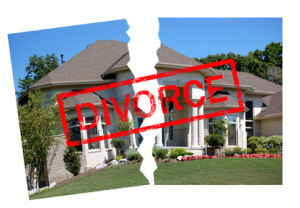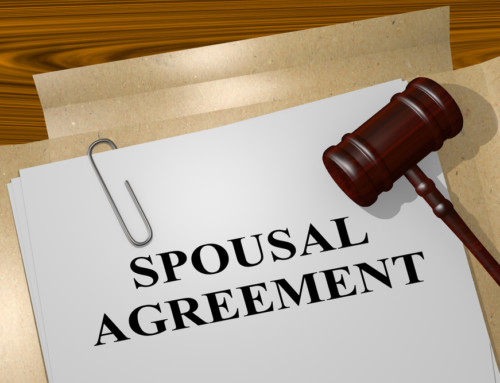 {3:36 minutes to read} When mediating their divorce, many couples want to know “what would happen if we went to court.” I suppose for many of them they want to be assured that what they are agreeing to in mediation is at least close to what would happen if the matter were to be decided by a judge.
{3:36 minutes to read} When mediating their divorce, many couples want to know “what would happen if we went to court.” I suppose for many of them they want to be assured that what they are agreeing to in mediation is at least close to what would happen if the matter were to be decided by a judge.
I find myself telling my clients that one of the best reasons to mediate their divorce is that there is very little predictability in the equitable distribution law. The result often depends on who the judge is and how he/she feels about each party. A recent case clearly makes this point. The facts of the case are fairly simple.
-
The husband received $33,000 from his grandfather.
-
He put the money into a joint account with his wife.
-
They used most of it as a down payment on a house.
When the marriage broke down, the husband claimed that the house should be sold and he should get back the money he received from his grandfather.
The court did an analysis and found that by putting the money into a joint account with the wife, the husband created a presumption that he intended to make a gift of it to the wife. Therefore, he converted his “separate property” into “marital property.”
Then the court found that the husband overcame this presumption since the money was:
-
Clearly from his side of the family
-
Was deposited into a joint account only a month before the purchase of the house and
-
Was placed into an account at the same bank where they were getting their mortgage
So, you would think that the court would allow the husband would get his money back when the house was sold. But, not so fast:
The court ruled that the equitable distribution law did not require the money to be given back to the husband. Instead, it held that when the house was sold the couple would divide the proceeds equally.
Further, it allowed the wife to stay in the house until the youngest child completed high school since she could not afford another house, and it felt that the husband did not need his share of the proceeds right away.
When the husband appealed the ruling, the appellate court held that it was within the discretion of the trial judge to allow the wife to stay in the house and require an equal division of the proceeds when it was sold.
I certainly do not know what would have happened if this couple had mediated their divorce. But at least the result would have been their own decision, not one made for them by a judge. I just hope they did not spend more in legal fees than the $33,000 that they were fighting over!
Share with Friends:
Need More Information?
To schedule a free phone or video consultation, complete and submit the form below, email us at [email protected], or call 518-529-5200.





